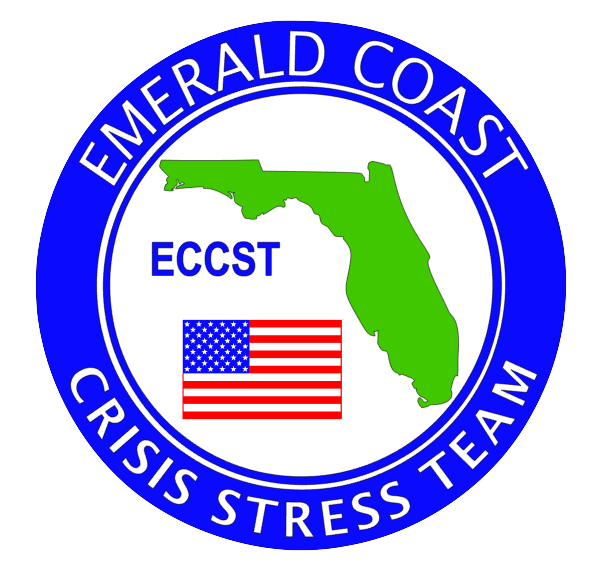In the healthcare, first responder, and military world, it’s not unusual to have a very bad day. You know…you can’t sleep, and you can’t erase the incident from memory.
We’ve learned the hard way that there are times we should be talking among ourselves and with other emotional healers that have helping skills. It’s likely that your brothers and sisters on the team feel the same way.
One such helper is Retha Jensen from the Emerald Coast Healthcare Coalition (ECHCC) in Fort Walton Beach, Florida. Retha is the Deputy Director of the Emerald Coast Crisis Stress Team that is sponsored by the ECHCC and directed by Dr. Frank Goldstein. Recently, I spent time with Retha to gain insights into the mission and functions of the team.
We are Seeing Progress
Back in the day, we called stress management Critical Incident Stress Debriefing (CISD). Stress interventions may begin with a debriefing, but the spectrum is now a process that varies from a short-term intervention to possibly long-term healing. Retha emphasized,” We began to see the picture as a healing process.” She added, “Taking care of our people was always the core mission.”
Who’s on the team?
Academic credentialing in the behavioral healthcare field is not a rigid requirement. Crisis Stress Team practitioners with field experience bring important skills to the table because they learned the hard way in the real world. The entire team goes through Critical Incident Stress Management (CISM) training or the NOVA Crisis Response Team training. Retha clarified that team members must know their limitations. It’s important to know how/when to refer people to other healthcare professionals.
In addition, team members must have their own personal support system.
They are often immersed in situations where they are affected by the same emotional stressors that the responders encountered. The team structures every session with an internal team briefing and concludes with an internal de-debriefing after each session.
Case Example
Fire/Rescue, EMS, and law enforcement recently responded to a medical incident where a child was supposedly injured. On arrival, they found a toddler that was the victim of physically abusive punishment; she could not be saved. This incident emotionally affected the responders because the child’s injuries were intentionally inflicted, and many of the responders had children of a similar age. The Crisis Stress Team began the healing process by conducting a group debriefing. Then, letting the first responders know what to expect physically and emotionally for the next few days to few months. Finally, who, when and where to talk to someone if they continue to have difficulties coping with the incident.
Stress Management is Changing
There was an emphasis on one-on-one sessions in the early days. Now the focus has shifted to group sessions where responders help each other through open dialogue. In addition, there is an increased focus on treating the “walking well” which are people that do not meet the criteria for a formal psychological or psychiatric diagnosis, yet they need emotional first aid. Last, and perhaps most important, progressive leaders are creating an organizational culture where emotional help no longer damages someone’s career. The archaic attitude of “suck it up,” or “it goes with the job,” is changing.
Key Takeaway: You will likely experience a real-world incident that may emotionally overwhelm you. Talking to others is a critical emotional first aid step. If your organization or region does not have a Crisis Stress Team, become the catalyst and start a team.



